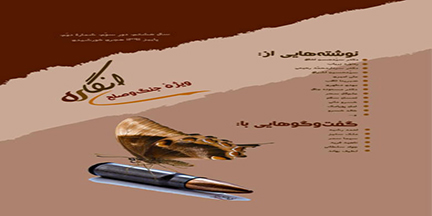Bonn conference which gained great importance in current situation, defines the role of international community in betterment of security and support of Afghanistan after 2014. This conference which was held in Bonn city of Germany with the huge participation of international community, acquired international coverage, the conference also acquired a lot of significance for the people of Afghanistan . The most important message of this conference is the commitment of the international community for the future of Afghanistan . In this conference, the government of the United States of America , European Union member countries, India Japan, Canada , Australia and all of the engaged countries in reconstruction and security of Afghanistan sent their authorized representatives, expressed their continued commitment of supporting the new system, keeping the values of the democracy, respecting the human rights and the rule of law. Mrs. Hillary Clinton, minister of foreign affairs of the United States of America, expressed her government's support from Afghanistan and insisted on strengthening the civil society, respect for the values of human rights & democracy in her five minutes speeches in this conference. Mrs. Merkel, prime minister of Germany, on behalf of her government as well as on behalf of the European Union called the respect of the human rights, one of the significant preconditions of the states of this Union for supporting Afghanistan . Other participant countries focused on a legal system, based on Afghanistan constitution that reveals the importance of the conference for the people of Afghanistan. Civil society congregation was held one day before this conference in Bonn, 34 representatives of civil society who were democratically elected by the civil society organizations of the country has participated in this conference. In civil society congregation in Bonn , 10 members of Civil Society & Human Rights…
